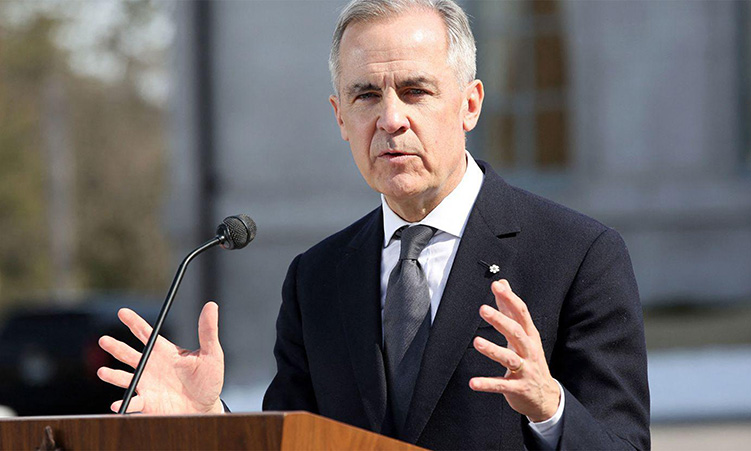SMALL business in Namibia has become a significant component of the Namibian economy.
Government rhetoric also confirms this. Yet the Namibian Government, in my opinion, remains the most serious constraint to the development of small business in the country.It is a general situation that Government offices and departments take a long time, up to six months and more, to pay accounts.What fledgling business can afford to finance Government for such a period? When Government incurs an account at a small business for services or goods rendered they pay no deposit insisting thereby that the small business incur debts to provide the service or goods.On top of that they take weeks and months to pay and usually only after the expense of many phone calls, faxes and emails insisting on payment.In the case of accommodation and meals by a provider of hospitality services, Government will pay no deposit (it is normal practice for a hotel to require deposit for workshops).Sometimes Government orders do not accompany the arrival of participants for a workshop, but service is still demanded.It then can take weeks to get the order, weeks to get the invoice accepted and weeks (months?) to receive payment.How many small businesses can continue to pay their staff, pay the extra interest on money borrowed, pay for phone calls and faxes and survive under such a bottleneck to cash flow? I believe the situation is similar for businesses other than hospitality.Government rhetoric would lead one to believe that the business environment in Namibia is conducive to small business establishment and development in the country.It is not.There are many other components to the whole issue of constraints to business development that I will not treat here.My issue is the issue of timely payment by Government for services rendered by the private sector.It is business practice in Namibia for suppliers to provide 7, 21 or 30 days’ credit.Namibian Government offices do not respect such requirements.In my experience 60 days is the minimum with 90 days being the norm for Government to pay.High-level political statements do not lead, in Namibia, to efficient and effective operations of offices and departments in ministries.It requires excessive efforts to motivate public servants to get the work done to pay their creditors – and that effort has to be exerted by the creditors themselves.This work should be the work of Permanent Secretaries.According to me it is high time that they actually reform their ministries for efficiency and implement the rhetoric.I have an idea that I would offer them to this end.Implement an exchange programme between well-functioning private business in Namibia and public offices.Let public servants learn by experience how to provide efficient, effective and time conscious service! I have purposely not singled out a single ministry or office (I could provide a list).This malaise is widespread.I am writing from actual experience but if it appears that I have exaggerated the situation I invite other small businesses to comment.Struggling SME DivunduYet the Namibian Government, in my opinion, remains the most serious constraint to the development of small business in the country.It is a general situation that Government offices and departments take a long time, up to six months and more, to pay accounts.What fledgling business can afford to finance Government for such a period? When Government incurs an account at a small business for services or goods rendered they pay no deposit insisting thereby that the small business incur debts to provide the service or goods.On top of that they take weeks and months to pay and usually only after the expense of many phone calls, faxes and emails insisting on payment.In the case of accommodation and meals by a provider of hospitality services, Government will pay no deposit (it is normal practice for a hotel to require deposit for workshops).Sometimes Government orders do not accompany the arrival of participants for a workshop, but service is still demanded.It then can take weeks to get the order, weeks to get the invoice accepted and weeks (months?) to receive payment.How many small businesses can continue to pay their staff, pay the extra interest on money borrowed, pay for phone calls and faxes and survive under such a bottleneck to cash flow? I believe the situation is similar for businesses other than hospitality.Government rhetoric would lead one to believe that the business environment in Namibia is conducive to small business establishment and development in the country.It is not.There are many other components to the whole issue of constraints to business development that I will not treat here.My issue is the issue of timely payment by Government for services rendered by the private sector.It is business practice in Namibia for suppliers to provide 7, 21 or 30 days’ credit.Namibian Government offices do not respect such requirements.In my experience 60 days is the minimum with 90 days being the norm for Government to pay.High-level political statements do not lead, in Namibia, to efficient and effective operations of offices and departments in ministries.It requires excessive efforts to motivate public servants to get the work done to pay their creditors – and that effort has to be exerted by the creditors themselves.This work should be the work of Permanent Secretaries.According to me it is high time that they actually reform their ministries for efficiency and implement the rhetoric.I have an idea that I would offer them to this end.Implement an exchange programme between well-functioning private business in Namibia and public offices.Let public servants learn by experience how to provide efficient, effective and time conscious service! I have purposely not singled out a single ministry or office (I could provide a list).This malaise is widespread.I am writing from actual experience but if it appears that I have exaggerated the situation I invite other small businesses to comment.Struggling SME Divundu
Stay informed with The Namibian – your source for credible journalism. Get in-depth reporting and opinions for
only N$85 a month. Invest in journalism, invest in democracy –
Subscribe Now!










